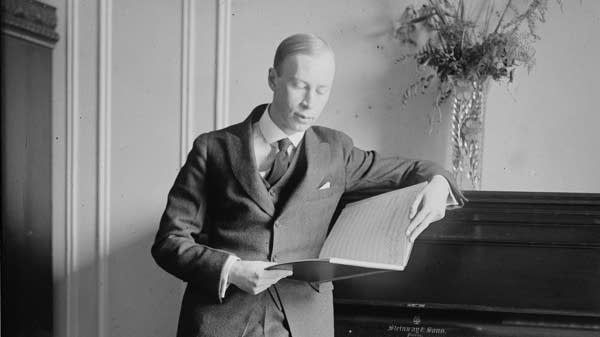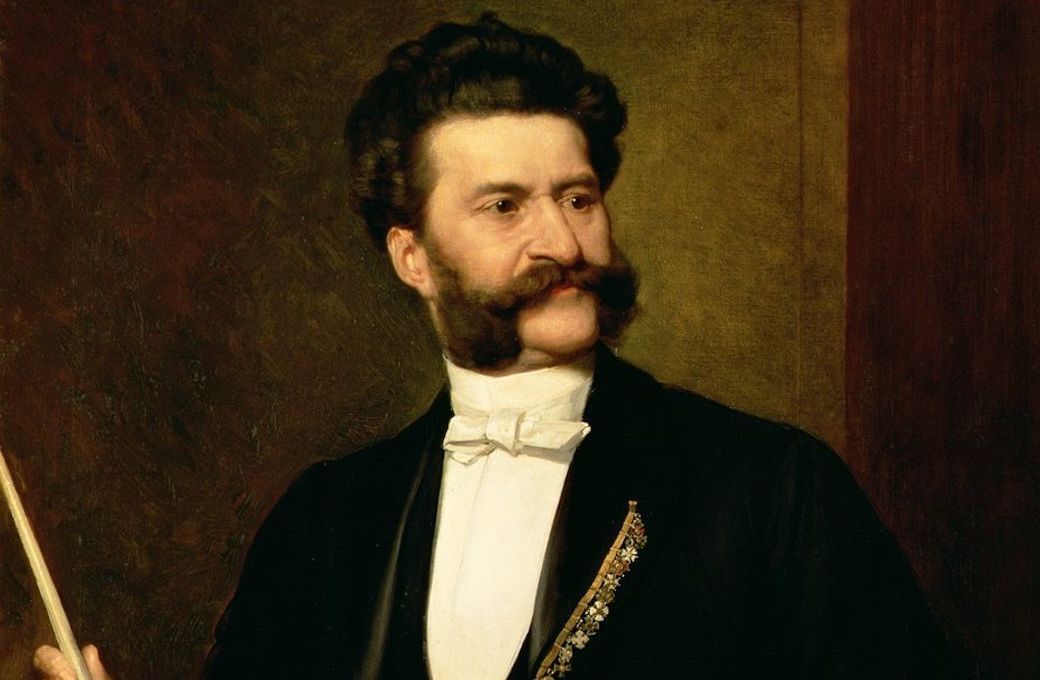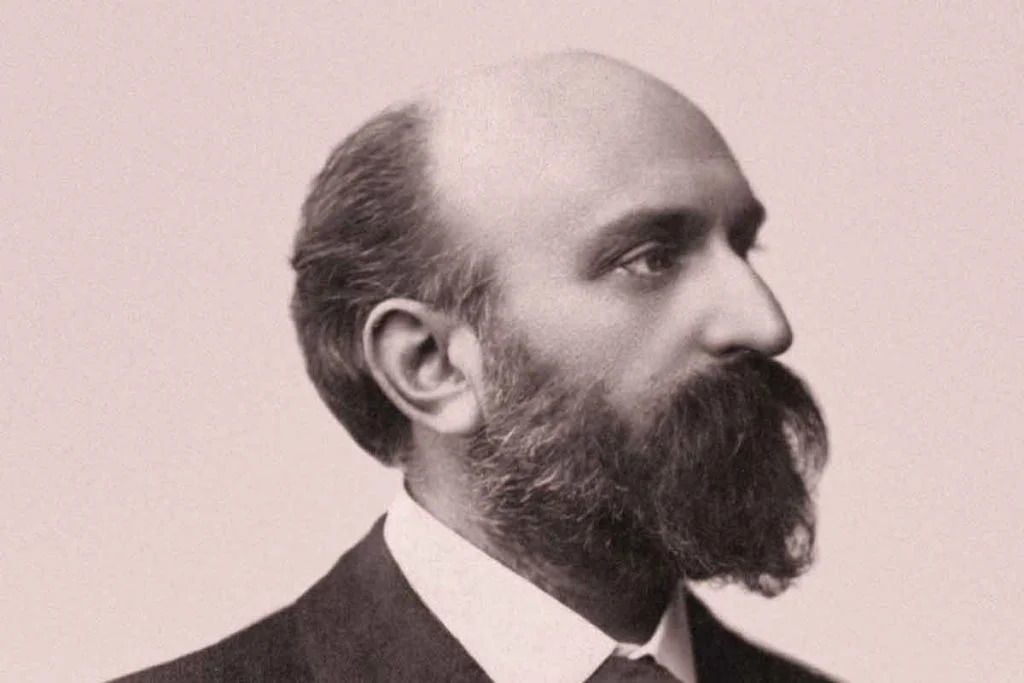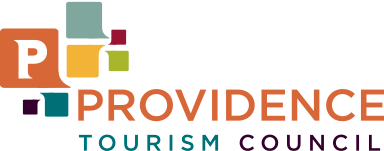THE STORY BEHIND: Beethoven's Overture from "Egmont"
Share
THE STORY BEHIND: Beethoven's Overture from "Egmont"
Title: Egmont: op.84: Overture
Composer:
Ludwig van Beethoven (1770-1827)
Last time performed by the Rhode Island Philharmonic: Last performed April 13, 2013 with Larry Rachleff conducting. This piece is scored for flute, piccolo, two oboes, two clarinets, two bassoons, four horns, two trumpets, timpani and strings.
The Story:
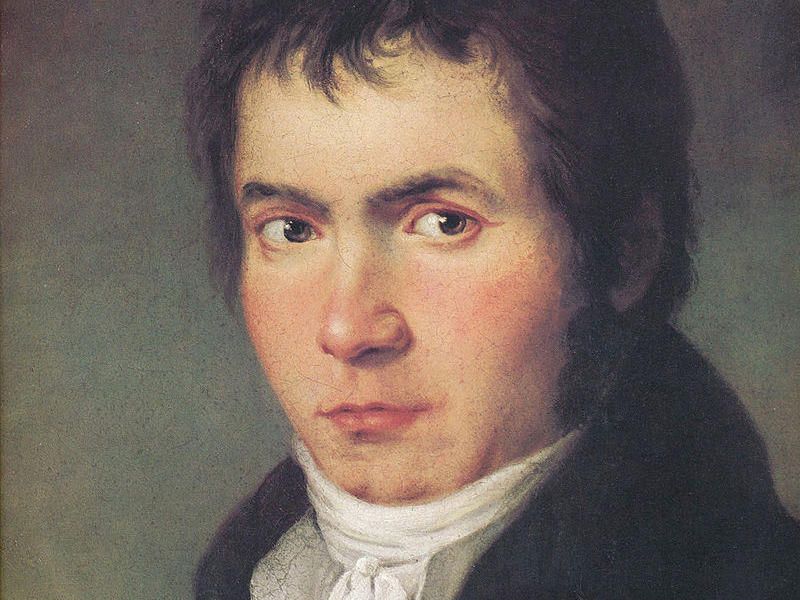
When, in 1809, Ludwig van Beethoven received a commission to compose the overture and incidental music to Wolfgang von Goethe’s tragic play, Egmont, it was a welcome opportunity. Goethe, the Shakespeare of German literature and the leading intellectual of his time, was one of Beethoven’s personal heroes. On top of that, the subject matter of Egmont rebellion and triumph over tyranny was of deep concern to the composer. That was also the theme of his opera, Fidelio, which he was struggling to revise at the time.
Count Egmont is a historical personage of the 16th century, serving in the Netherlands under King Philip II of Spain. He is loyal to the crown and to the Catholic faith, but he champions tolerance of Protestants and other non-Catholics. Egmont is entrapped, imprisoned and finally beheaded. In the final moments of the play, Egmont realizes that his death will signal a rebellion against tyranny and oppression. As he faces execution, he declares, “Defend your land! And to liberate your loved ones, give yourselves joyfully, as I have given you an example!” Goethe indicates that the play ends with a “Victory Symphony.”
Beethoven expresses the substance, but not the literal details, of Egmont in the overture. The slow introduction, with its dark and brutal minor chords and ponderous rhythm, sets the ominous tone of tragedy. The impulsive, plunging main theme might represent Egmont himself, the prophet of righteous rebellion. Beethoven transforms the rhythmic chords from the introduction into part of the second theme, here giving it a heroic tinge. Near the end, the “brutal” chords return. Just at the darkest moment, the final section unexpectedly and quietly rouses itself, very quietly at first but soon building to a glorious fortissimo. This is one of Beethoven’s finest triumphant endings, and in the play it becomes the “Victory Symphony” heard when Egmont mounts the execution block and utters his final, triumphant words.
Program Notes by Dr. Michael Fink © 2021 ALL RIGHTS RESERVED
Single event in-person or livestream options starting at $35, click HERE or call 401-248-7000 to purchase today!

